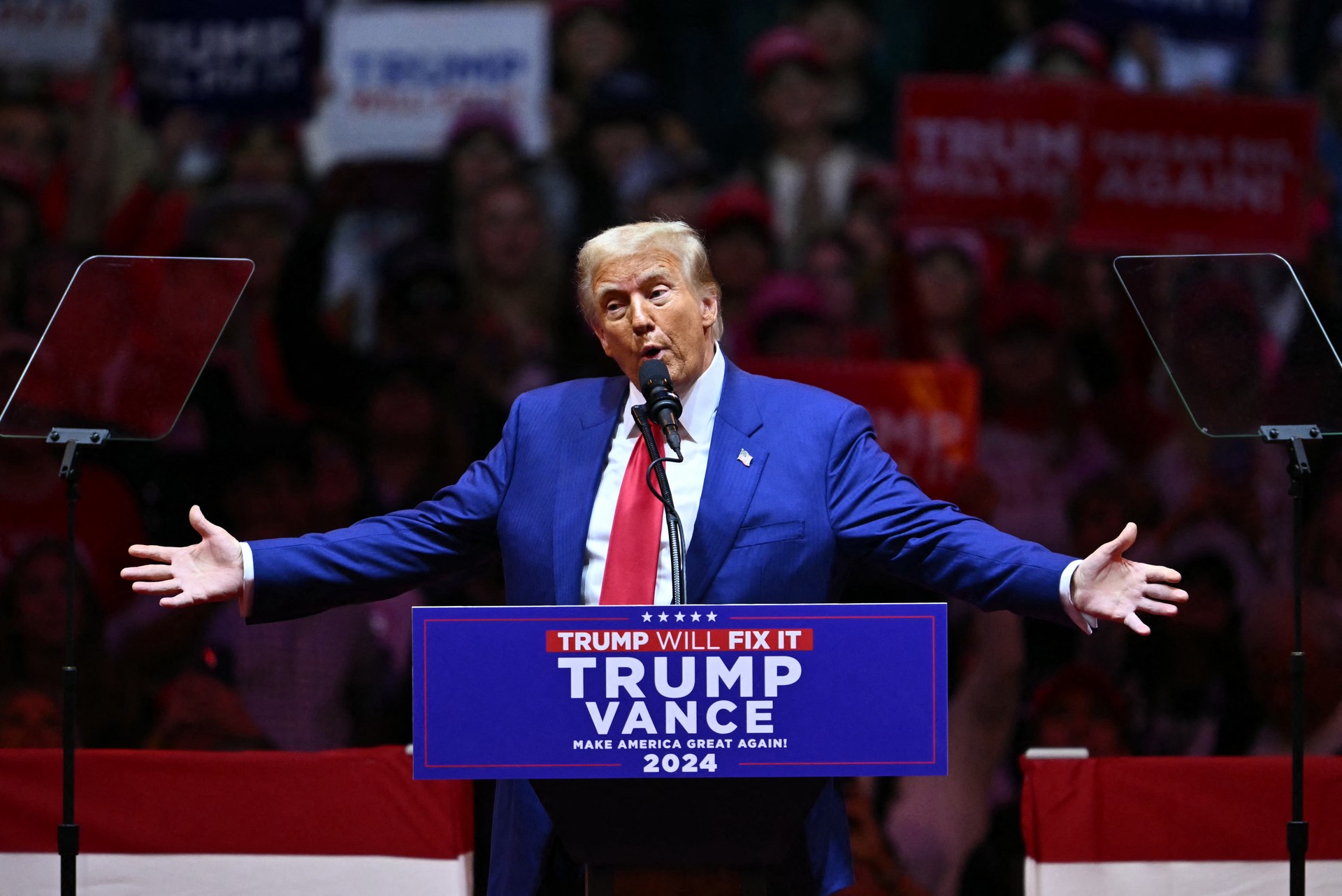
As the 2024 U.S. presidential election enters its final stretch, concerns about potential unrest loom large. While much of the international spotlight has centered on what a victory for former President Donald Trump could entail, worries among Americans—including some of Trump’s critics—have also focused on the repercussions if he loses to his Democratic opponent, Vice President Kamala Harris.
The ex-president, who has been locked in a tight race with Harris, has consistently disputed the legitimacy of his electoral losses, ranging from the 2016 Iowa primary to the 2020 presidential election, which he continues to contest. This unyielding stance has reignited fears of a repeat of the violence that marked the Capitol riot of January 6, 2021.
"Should he lose this year, I have no doubt that he will claim fraud, leave no stone unturned to reverse the results, and refuse to attend Harris's inauguration," said Donald Nieman, a political analyst from Binghamton University in New York. "He's not only a sore loser, he's someone who will never admit he lost."
Trump’s ongoing legal troubles add another layer of tension to an already charged atmosphere. His record includes 34 felony convictions related to alleged hush money payments in 2016, as well as two impeachments and multiple indictments tied to efforts to overturn the 2020 election.
In his recent rallies, Trump has revived claims that he could only lose due to “cheating,” echoing language he used in the lead-up to the 2021 insurrection. "If I lose, I'll tell you what, it's possible because they cheat. That's the only way we're going to lose—because they cheat," Trump said at a recent event in Michigan.
With election day approaching, Republicans have already filed more than 100 lawsuits regarding voter access, registration, and ballot procedures. While many cases may remain unresolved by November 5, experts warn these efforts could erode confidence in the voting process. "The legal skirmishes might drag on for weeks, and depending on their intensity, could lead to protests or even sporadic violence in certain areas," said Adrienne Uthe, a political analyst and founder of the Utah-based PR firm Kronus Communications.
A recent Scripps News/Ipsos poll indicated that nearly two-thirds of Americans fear post-election violence, with a significant portion supporting military intervention if unrest escalates. Further, a new YouGov poll found that more than a quarter of respondents believe civil war is possible, and 12 percent reported knowing someone who might consider taking up arms if Trump is believed to be wronged.
Intelligence officials have also flagged potential risks in a declassified report on foreign election interference, noting that outside influence could fuel violent protests and strain local officials’ ability to manage the certification process. Security preparations have intensified in Washington, D.C., though analysts suggest a repeat of the Capitol breach is unlikely, pointing to hundreds of subsequent prosecutions as a deterrent.
Nevertheless, fears remain high in battleground states, where heightened tensions and legal disputes could spark local disruptions. "My biggest fear is violence in Madison, Wisconsin; Lansing, Michigan; or Harrisburg, Pennsylvania by armed Trump supporters designed to prevent electors from casting their votes," Nieman said.